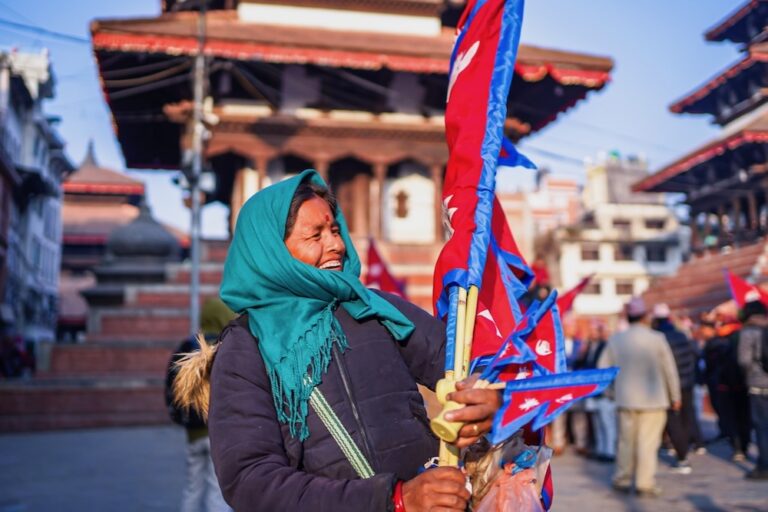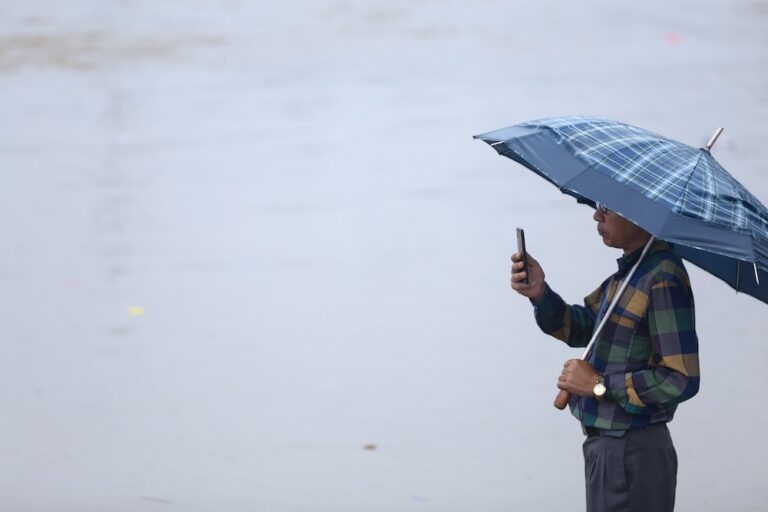(CEHURDES/IFEX) – CEHURDES has condemned the ongoing administrative intervention into the work of the media and media workers, in the name of implementing the “state of emergency” mandate. On 31 December 2001, the local administration in Kathmandu summoned editor-in-chief and publisher Pushkar Lal Shrestha and editor Kapil Kafle of “Nepal Samacharpatra”, a Nepali language daily. […]
(CEHURDES/IFEX) – CEHURDES has condemned the ongoing administrative intervention into the work of the media and media workers, in the name of implementing the “state of emergency” mandate.
On 31 December 2001, the local administration in Kathmandu summoned editor-in-chief and publisher Pushkar Lal Shrestha and editor Kapil Kafle of “Nepal Samacharpatra”, a Nepali language daily. The two were interrogated for over two hours in connection with a news item published in the daily that same day. Shrestha is also president of the Nepal Media Society, a group of broadsheet newspapers in the country, and president of the Nepal chapter of the Vienna-based International Press Institute (IPI).
The daily had carried a belated statement by underground Maoist leader Comrade Prachanda, stating that the Maoist influence had been reduced considerably in the urban areas after the declaration of the “state of emergency” in the country. Chief District Officer Kirti Bahadur Chand told Shrestha that it would be punishable by law to publish a statement by a “terrorist leader”, as this would have an adverse impact on the security forces’ morale. Shrestha argued that his newspaper did not have any such intention.


